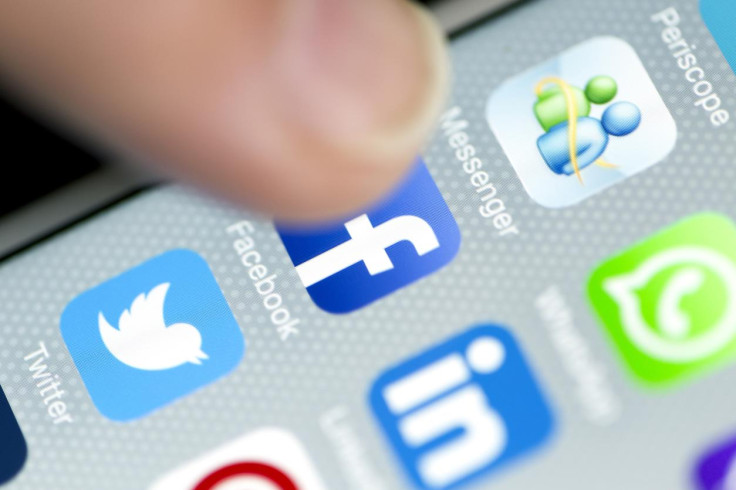Google, Twitter and Facebook may face UK parliament grilling over 'fake news'
Committee chair: 'The truth is always trying to catch up with a fake news story.'

Technology giants Google, Twitter and Facebook may be hauled before a UK parliamentary committee later this year to explain what measures are in place to combat the spread of so-called "fake news."
The social media platforms, each with millions of users, were reportedly singled out by British members of parliament (MPs) who – in light of the recent US election – fear the spread of false or malicious news could have a detrimental impact on democracy.
To analyse the issue, a Commons Culture Committee, chaired by conservative Damian Collins, is hoping to set up official meetings with the US-based firms by early summer, according to The Telegraph.
Collins said: "The truth is always trying to catch up with a fake news story.
"Some fake news is presented to look like real news coming from real news websites. It can be difficult to distinguish between them.
"The concern is a fake story can get out and be distributed on the internet and become the received wisdom before the truth can get out."
Collins said he believes social media firms have a "responsibility to democracy" to make sure their platforms are not being used to intentionally spread news from dubious or unknown sources.
"What's interesting is we've accepted that search engines have a responsibility to combat piracy on their websites," he noted. "In a similar way, I think social media [firms] have a responsibility to ensure their platforms are not being used to spread malicious content."
The US election in America was – in some ways – a hotbed for fake news. The term, alongside "alt-right", grew to represent the spread of viral content with clickable headlines which – on closer inspection – turned out to be nonsense.
Online "trolls" – some even suspected of working for foreign governments – also took to social media platforms to spread misinformation and propaganda. The phenomenon hit both political opponents, but was largely directed towards Democratic candidate Hillary Clinton.
Yet despite the surge of fake news social media executives have remained adamant they are not solely to blame.
"There have been hoaxes on the internet, there were hoaxes before," said Facebook CEO Mark Zuckerberg after the election. "We do our best to make it so that people can report that, and as I said before, we can show people the most meaningful content we can," he added.
Indeed, Facebook is now planning to launch fake news "filtering" tools in Germany ahead of the country's elections later this year.
The process will allow users in Germany to flag and report news stories believed to be suspicious. It will be passed to "third-party fact-checkers" for further verification. It remains to be seen if the system will be abused or who exactly has oversight of it.
Google boss, Sundar Pichai, previously tackled the scourge of fake news in an interview with the BBC: "There have been a couple of incidences where it has been pointed out and we didn't get it right. And so it is a learning moment for us and we will definitely work to fix it."
After his election victory, US President-elect Trump has continued to brandish the term 'fake news' to rubbish stories he deems unfair. During his first press conference of 2017, Trump used it to castigate CNN for a news report based on a controversial research dossier compiled on him.
"You are fake news!" he hollered while pointing at reporter Jim Acosta.
After Buzzfeed released the unverified dossier in full, Trump tweeted out against Central Intelligence Agency (CIA) director John Brennan, who said the president-elect should be more "disciplined" in his public statements after he takes office on 20 January.
© Copyright IBTimes 2025. All rights reserved.





















